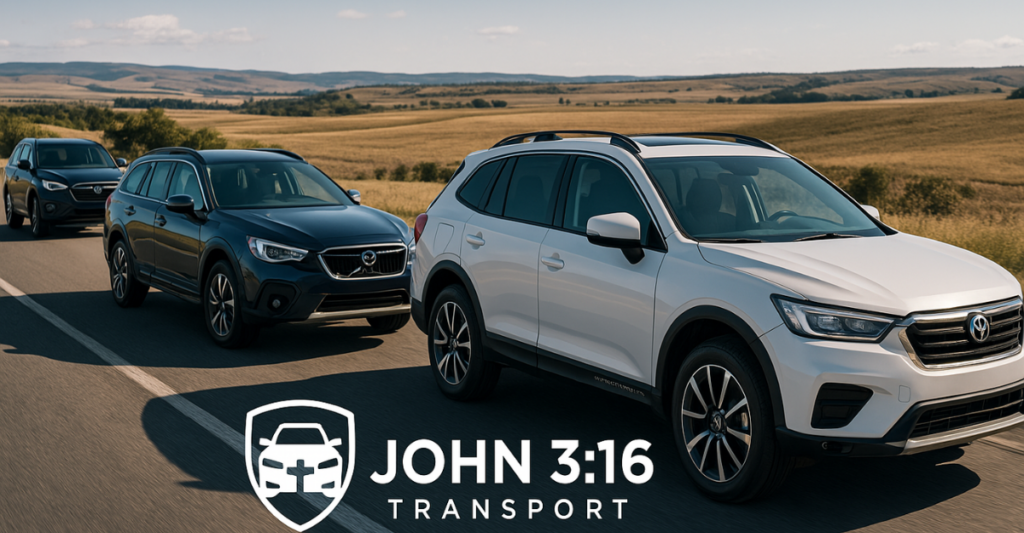Moving a car across the country might sound like a hassle—but it doesn’t have to be. With a professional cross country car transport company, you can safely, efficiently, and affordably move your vehicle from one end of the United States to the other without putting a single mile on the odometer.
Whether you’re relocating, buying a car from out of state, sending a vehicle to a family member, or managing fleet logistics, this guide will break down everything you need to know about long-distance vehicle shipping, including costs, carriers, insurance, and how to choose the right partner.
Table of Contents
What Is Cross Country Car Transport?
Cross country car transport is a service offered by licensed auto transport carriers to move vehicles over long distances—typically 1,000 miles or more. These shipments can stretch from the East Coast to the West Coast, or from the South to the Northern states.
This service is widely used by:
- Individuals and families relocating permanently
- Students and military personnel
- Dealerships, rental companies, and fleet managers
- Seasonal travelers (snowbirds)
- Online car buyers and sellers
The key benefit is efficiency. You don’t need to spend days on the road, worry about weather, fuel, or roadside issues. You hire a carrier, and they handle the journey for you.
Open vs. Enclosed Transport: Which Is Right for You?
There are two primary shipping methods in cross-country transport:
Open Car Transport
- Most economical option
- Vehicles are shipped on open-air trailers (often double-deckers)
- Transports up to 8–10 cars at once
- Widely available, faster scheduling
- Minimal risk, though vehicles are exposed to the elements
Enclosed Car Transport
- Offers full protection from rain, dust, snow, and road debris
- Used for high-end, exotic, vintage, or luxury vehicles
- Transports 1–6 vehicles depending on trailer size
- Costs 30–60% more than open transport
- Often preferred for collectible or show cars
How Much Does Cross Country Car Shipping Cost?
There’s no fixed price, but rates generally range from $900 to $2,000, depending on several variables:
| Factor | Description |
|---|---|
| Distance | More miles = higher total cost, lower cost per mile |
| Vehicle Size/Weight | Large trucks/SUVs require more space and fuel |
| Transport Type | Enclosed carriers cost more than open trailers |
| Pickup & Drop-Off | Rural areas are less accessible and may increase pricing |
| Time of Year | Summer and winter peak seasons increase demand (and prices) |
| Fuel and Demand | Gas prices and truck availability directly affect the market rate |
| Shipping Timeline | Expedited shipping costs more than standard delivery windows |
Example Route:
- New York to Los Angeles (Open): $1,200 – $1,400
- New York to Los Angeles (Enclosed): $1,700 – $2,100
For accurate rates, always request a custom quote based on your route and timeframe.
How Long Does It Take?
Timeframes depend on distance, traffic, and the number of stops the truck makes:
| Distance | Estimated Transit Time |
|---|---|
| 500–1,000 miles | 2–4 days |
| 1,000–1,500 miles | 4–6 days |
| 1,500–2,500+ miles | 6–9 days |
Note: Drivers must follow federal HOS (Hours of Service) regulations—limiting how many hours they can drive daily, which affects timing.
How to Prepare Your Vehicle for Cross Country Shipping
Proper prep ensures smooth pickup and delivery. Follow these steps:
- Wash the Vehicle – This helps clearly document any pre-existing damage.
- Inspect for Damage – Take photos of the entire vehicle, including close-ups of any scratches, dents, or chips.
- Remove All Personal Items – Transporters aren’t licensed to carry household goods. Personal items can shift and cause damage.
- Check Fluids and Tires – Make sure your car isn’t leaking fluids and that tires are properly inflated.
- Disable Alarms – Prevent accidental alerts that could delay transport.
- Leave 1/4 Tank of Fuel – Enough for loading/unloading, but not so much as to add weight.
- Provide a Contact Person – Make sure someone is available at pickup and delivery.

What About Insurance?
Federal law requires all auto carriers to carry a minimum amount of cargo insurance, which covers your vehicle while it is in transit.
However:
- Coverage limits vary (typically between $50,000 and $250,000 per load).
- Insurance may not cover “Acts of God” (like natural disasters).
- It may not cover items left inside the vehicle.
🧠 Pro Tip: Ask the company for their Certificate of Insurance (COI) before booking. Also check with your personal auto insurance provider to see if they offer supplemental coverage.
Red Flags to Watch Out For
Unfortunately, the car shipping industry has its share of brokers and carriers that cut corners. Be cautious if you notice:
- Quotes that are too low (you may never get picked up)
- Large upfront payments or cash-only requests
- No DOT or MC number (verify at FMCSA website)
- Poor or inconsistent communication
- Hidden fees not listed in the original quote
Work only with licensed, bonded, and insured companies with strong online reputations.
Source: Website
Choosing the Right Cross Country Car Transport Company
When searching for a reliable company, consider:
✅ Transparent pricing with all fees clearly stated
✅ Strong reviews on Google, Trustpilot, BBB, etc.
✅ Live support and dedicated logistics contact
✅ Nationwide network of verified carriers
✅ On-time delivery track record
✅ Tracking options and regular status updates
Final Thoughts
Shipping a car across the country doesn’t have to be stressful. With the right planning and a trusted partner, cross country car transport becomes a seamless experience.
From first contact to final delivery, working with an experienced and professional company ensures:
- Your vehicle is handled safely
- You avoid unnecessary mileage and wear
- You save time and reduce relocation stress
Ready to move your car coast to coast?
Request a free quote today and let a trusted cross country car transport company take care of the rest.
Get a free Quote now! Quote








